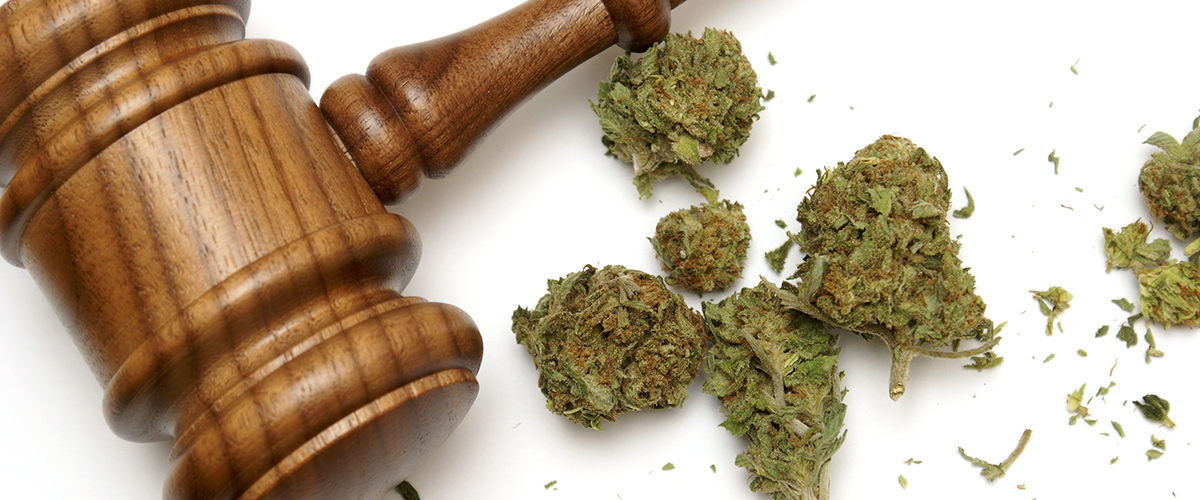The lawsuit argued that the Controlled Substance Act is unconstitutional and sought to remove marijuana from the schedule of controlled drugs.
A federal judge in New York dismissed a lawsuit against the federal government that sought to remove cannabis from the 1970 Controlled Substances Act.
Judge Alvin K. Hellerstein of Federal District Court in Manhattan granted the motion by the United States Justice Department to dismiss the case, ruling that the plaintiffs had “failed to exhaust their administrative remedies.”
“Although plaintiffs couch their claim in constitutional language, they seek the same relief as would be available in an administrative forum – a change in marijuana’s scheduling classification – based on the same factors that guide the (Drug Enforcement Administration’s) reclassification determination,” Hellerstein wrote in his 20-page ruling.
The five plaintiffs in the lawsuit, filed in July, include a veteran with PTSD, a former NFL player, an activist group, and two minors that use marijuana for medical purposes. They have said that they will likely appeal the ruling.
“The bottom line is that we think the judge neglected parts of our argument that were of critical importance,” said Joseph A. Bondy, a lawyer for the plaintiffs. “We believe in our claims and we’re going to continue to push the ball forward.”
In his opinion, Judge Hellerstein noted that his decision is unrelated to the plaintiff’s central argument that marijuana has medical benefits and therefore shouldn’t be classified as a Schedule I drug, a category reserved for the most dangerous substances that have no medicinal properties. Rather, he said, the plaintiffs failed to first request that the DEA declassify marijuana.
“This decision should not be understood as a factual finding that marijuana lacks any medical use … the authority to make that determination is vested in the administrative process,” Judge Hellerstein wrote.
Asking the DEA to reschedule cannabis in the past has proven ineffective in the past. The DEA rejected similar requests to reclassify marijuana in separate cases both in 2011 and 2016.
The 98-page lawsuit presented a case for marijuana legalization using an array of constitutional arguments. Judge Hellerstein, however, rejected the argument that the plaintiffs had a constitutional right to use medical marijuana.
“No such fundamental right exists,” Judge Hellerstein wrote. “Every court to consider the specific, carefully framed right at issue here has held that there is no substantive due process right to use medical marijuana.”

Marijuana Law in the U.S.
Judge Hellerstein had indicated he intended to side with the federal government when he held oral arguments for the case in February. At that time, he appeared to agree with the Justice Department’s lawyers, who maintained that the plaintiffs should go by legalizing marijuana by trying to change federal law.
The Controlled Substances Act makes marijuana illegal under federal law. In defiance, 29 states have legalized medical marijuana and nine of those have also legalized recreational marijuana.
U.S. Senator Cory Booker of New Jersey introduced legislation last summer that proposes legalizing marijuana under federal law. That legislation, the Marijuana Justice Act, has not progressed at all through Congress yet.
You can learn more about the complex marijuana laws in the U.S. through our education page. Keep up with the latest developments in the cannabis industry through our news page.






